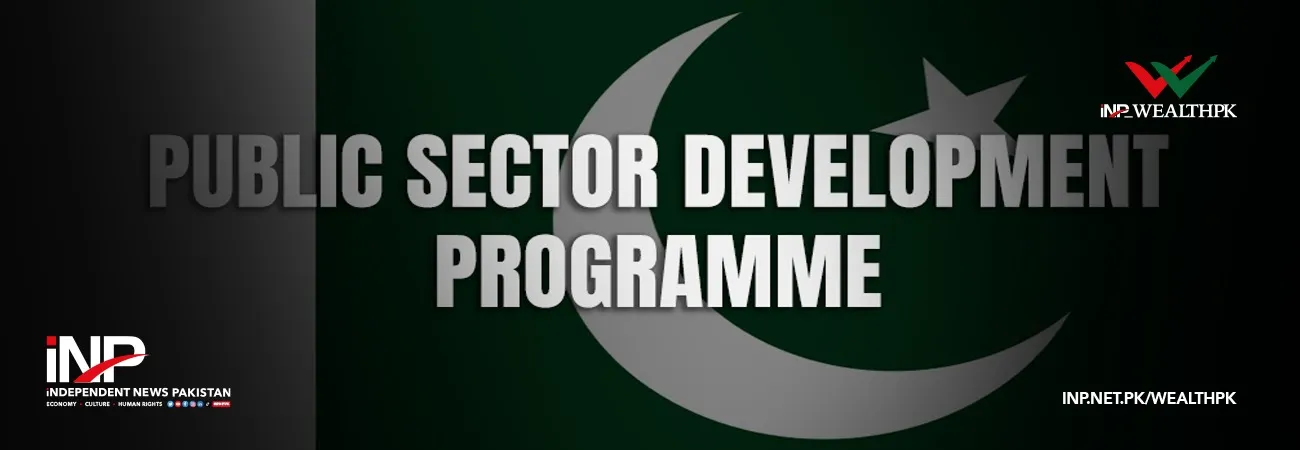INP-WealthPk
By Muhammad Soban ISLAMABAD, Jan 19 (INP-WealthPK): The federal cabinet has finally approved the Pakistan's third National Science, Technology and Innovation (NSTI) Policy 2022 submitted by the Ministry of Science and Technology (MoST). The NSTI policy has been formulated in consultation with all the stakeholders, experts, and researchers, both local and international, focusing on dealing with the country's fundamental issues through technology such as e-governance, efficient transport system, green energy and sustainable infrastructure. Federal Minister for science and technology, Senator Syed Shibli Faraz said the NSTI policy was Pakistan’s third since its independence. Prior to the NSTI policy, Pakistan formulated two policies, first in 1984 and then in 2012, which, however, remained unsuccessful due to a lack of implementation tools and action plans. Mr Faraz said that the NSTI policy is the master plan of Pakistan's economic growth that will exemplify the role of the research and development (R&D) in different sectors. “It will assist in creating a robust linkage among academia, industry and the government of Pakistan.” He said the government will encourage need-based research in Pakistan, and the new projects will be implemented under public-private partnership. Mr Faraz said the MoST aims to launch a YouTube channel that will produce documentaries and lectures on science, technology and innovation to promote the culture of science and technology among the youth. “This is the age of the 4th industrial revolution, and the world is technologizing every sector in full swing. Pakistan is lagging behind in science and technology as the previous two policies remained unsuccessful, thus the need to formulate a new policy,” the minister stressed. According to ‘The Global Competitiveness Report’ of the World Economic Forum, Pakistan ranks very low in the global competitiveness index, as it is at 110th position out of 141 countries. Pakistan also ranks the lowest among the South Asian countries. In the global innovation index, Pakistan's ranking is not appreciable either as it ranked 107th out of 131 countries in 2020. However, the current government is aiming to uplift Pakistan in science, technology and innovation. A well-developed IT sector can help Pakistan effectively tackle challenges like meeting basic human needs, achieving rapid economic growth and development, enhancing the quality of life, and improving governance. Through the implementation of the NSTI policy, Pakistan can improve the governance and management of institutions. Furthermore, the policy will assist in establishing smart cities through the help of emerging technologies, providing a healthy lifestyle to citizens through provision of facilities such as e-governance, modern security systems, efficient transport, green energy, and sustainable infrastructure. The latest policy can also help provide leadership and guidance for development of a strong and well-integrated science, technology, and innovation ecosystem that promotes the welfare of people, socioeconomic development and national security.













